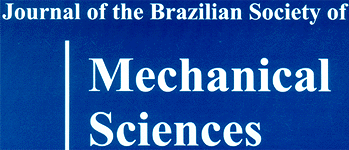Process planning is a very important industrial activity, since it determines how a part or a product is manufactured. Process planning decisions include machine selection, tool selection, and cutting conditions determination, and thus it is a complex activity. In the presence of unstable demand, flexibility has become a very important characteristic of today's successful industries, for which Flexible Manufacturing Systems (FMSs) have been proposed as a solution. However, we believe that FMS control software is not flexible enough to adapt to different manufacturing system conditions aiming at increasing the system's efficiency. One means to overcome this limitation is to include pre-planned alternatives in the process plan; then planning decisions are made by the control system in real time to select the most appropriate alternative according to the conditions of the shop floor. Some of the advantages of this approach reported in the literature are the reduction of the number of tool setups, and the selection of a replacement machine for executing an operation. To verify whether the presence of alternatives in process plans actually increases the efficiency of the manufacturing system, an investigation was carried out using simulation and design of experiments techniques for alternative plans on a single machine. The proposed methodology and the results are discussed within this paper.
Process planning; manufacturing features; design of experiments; flexible manufacturing systems; simulation

























